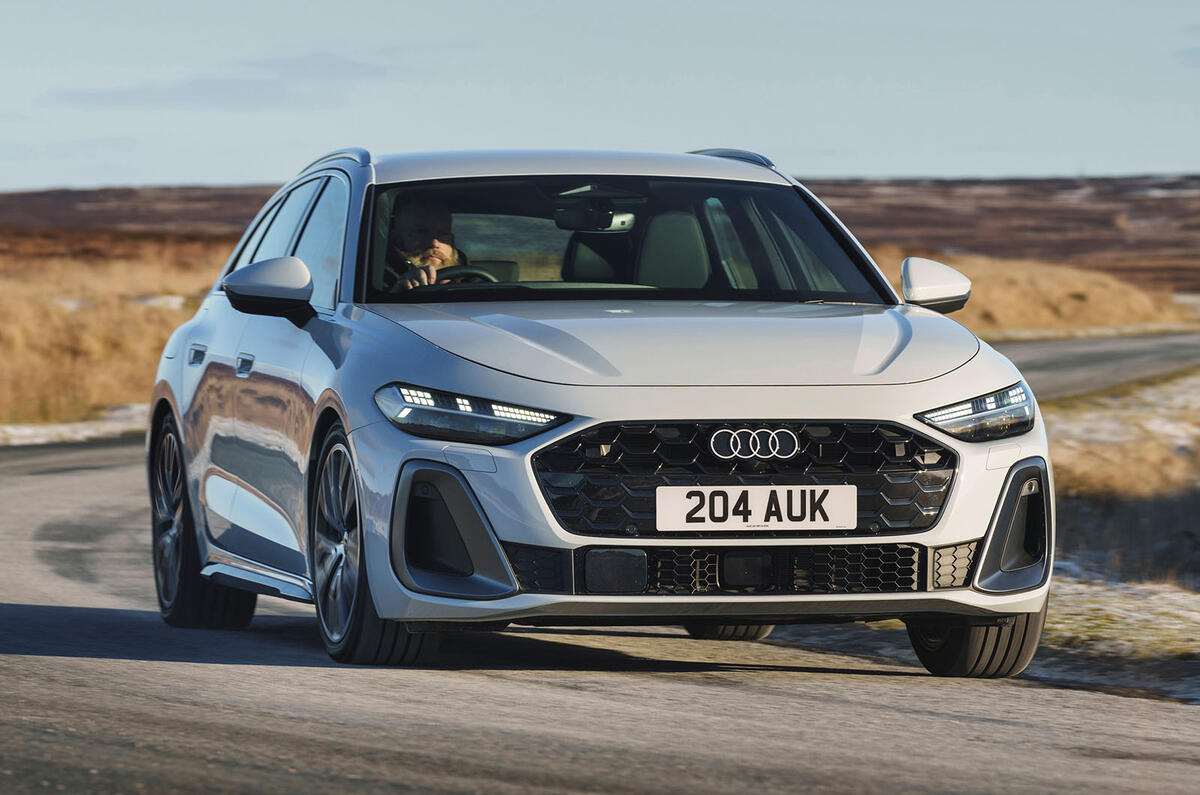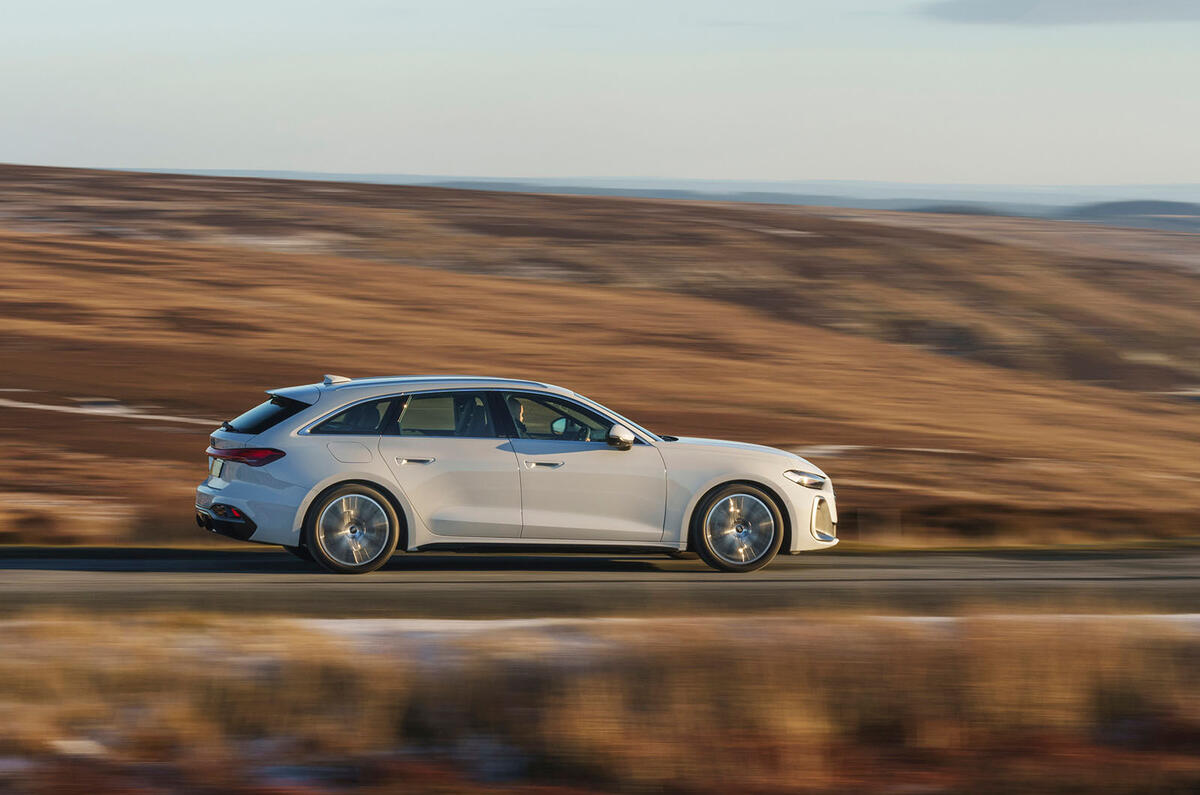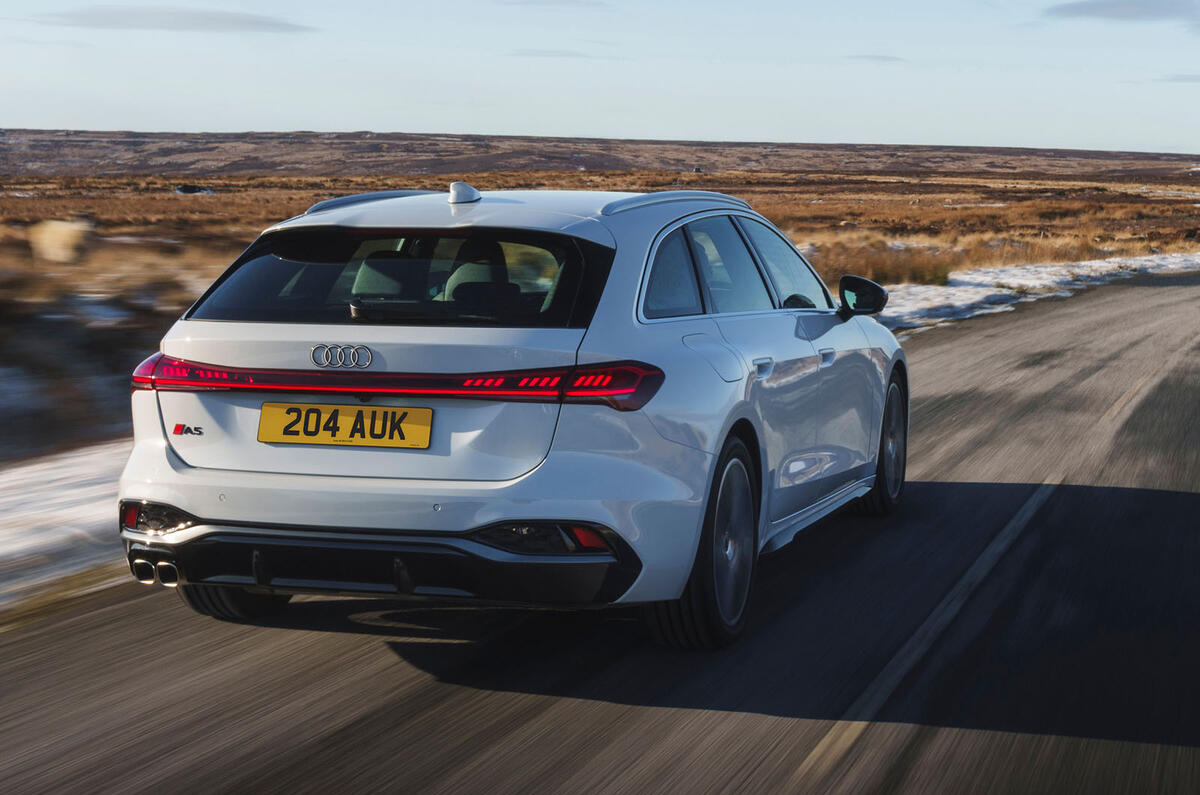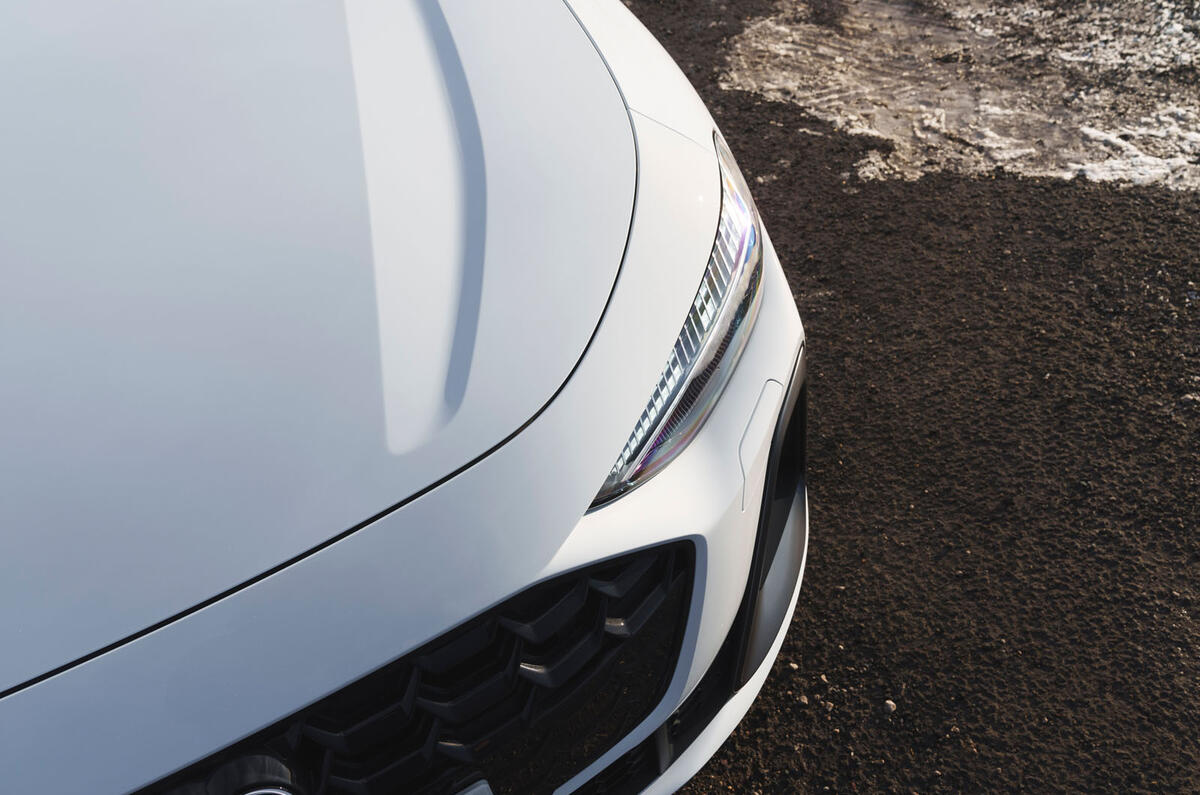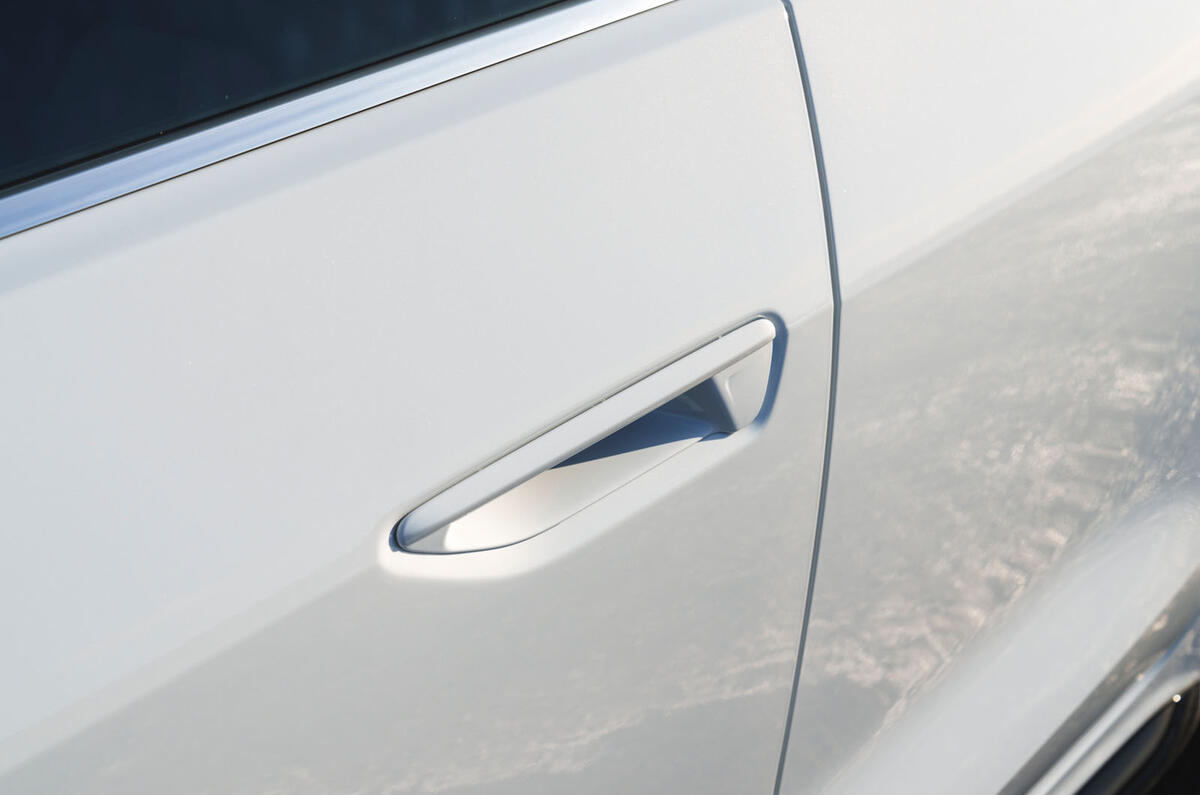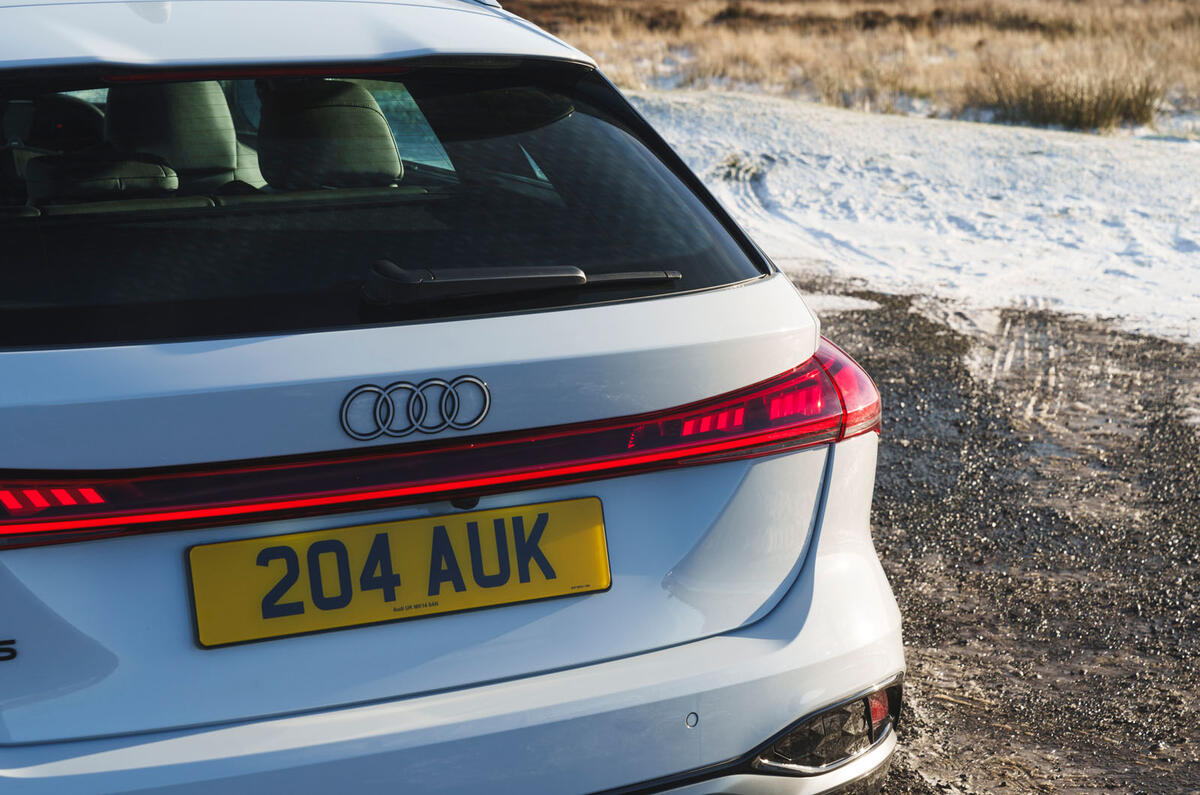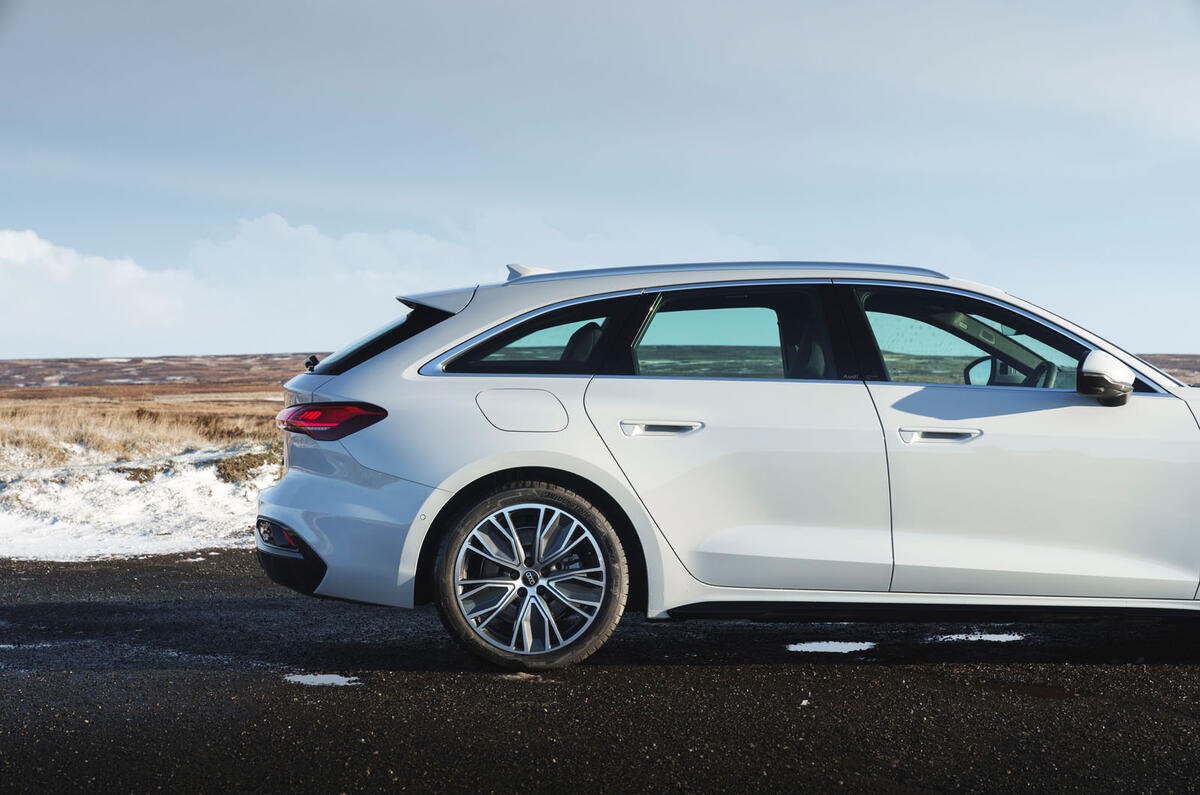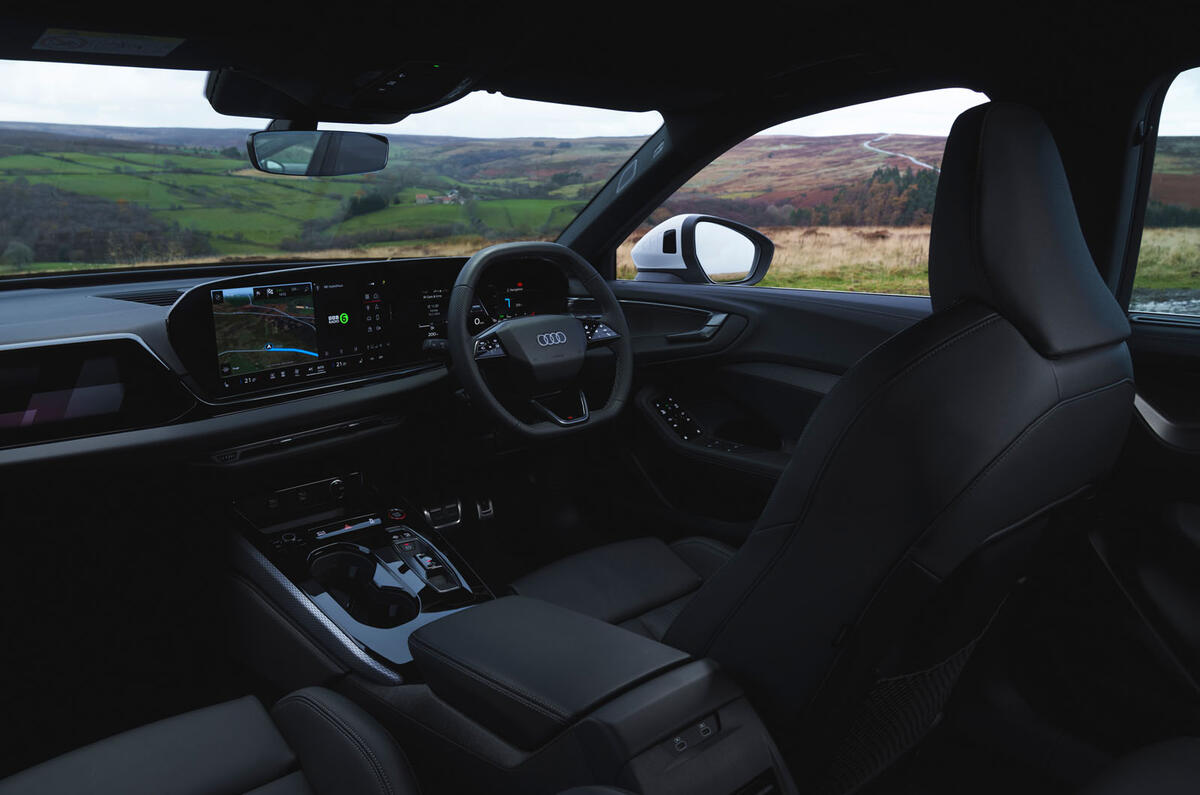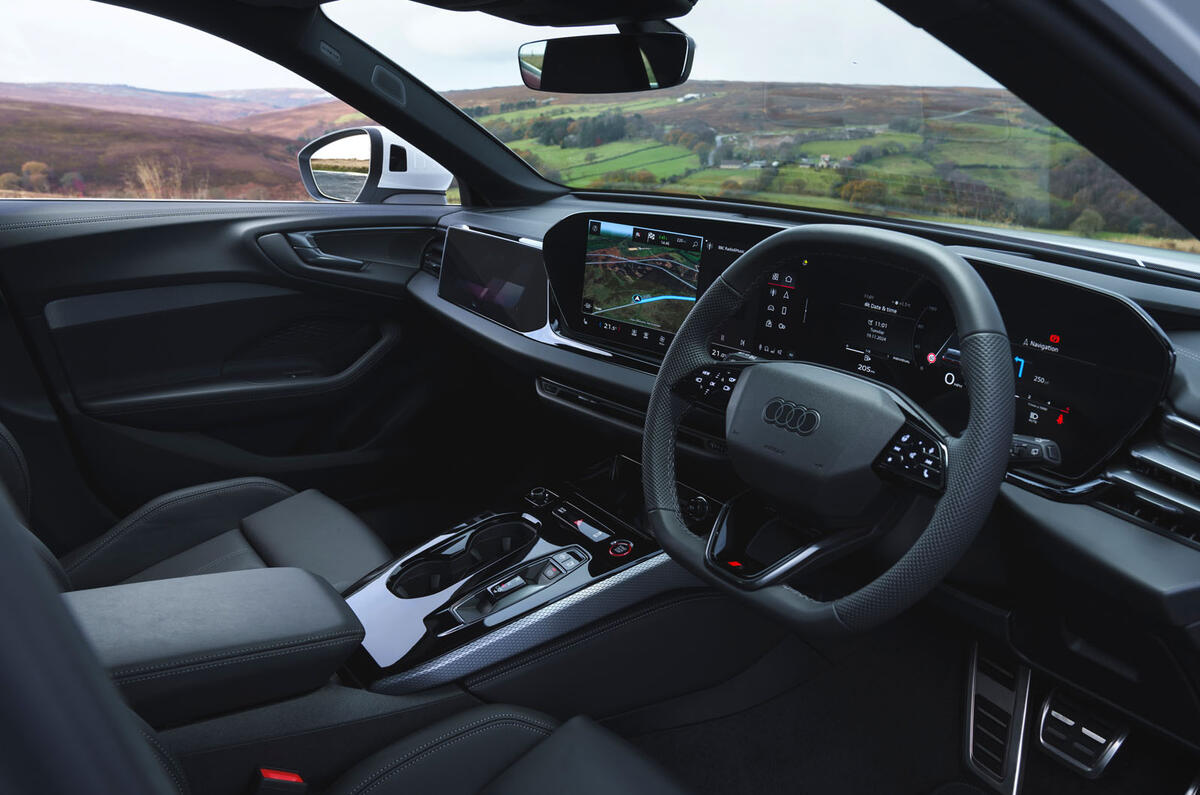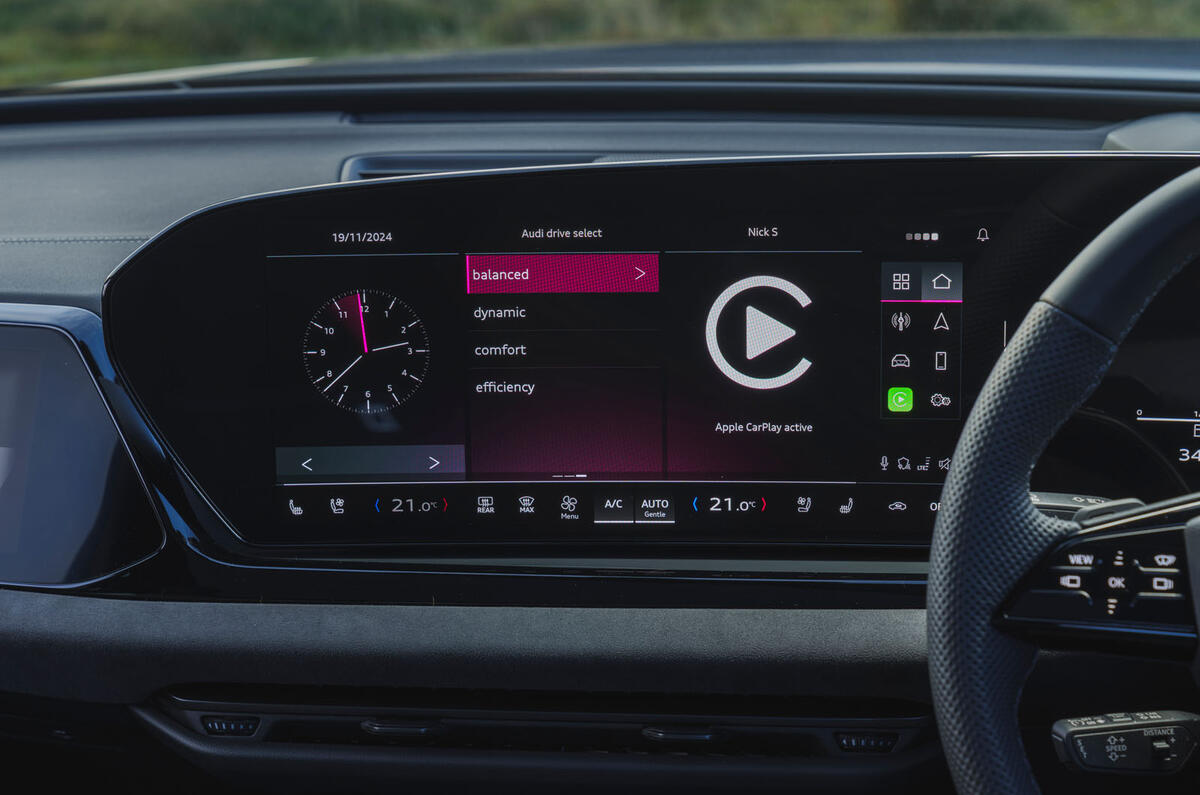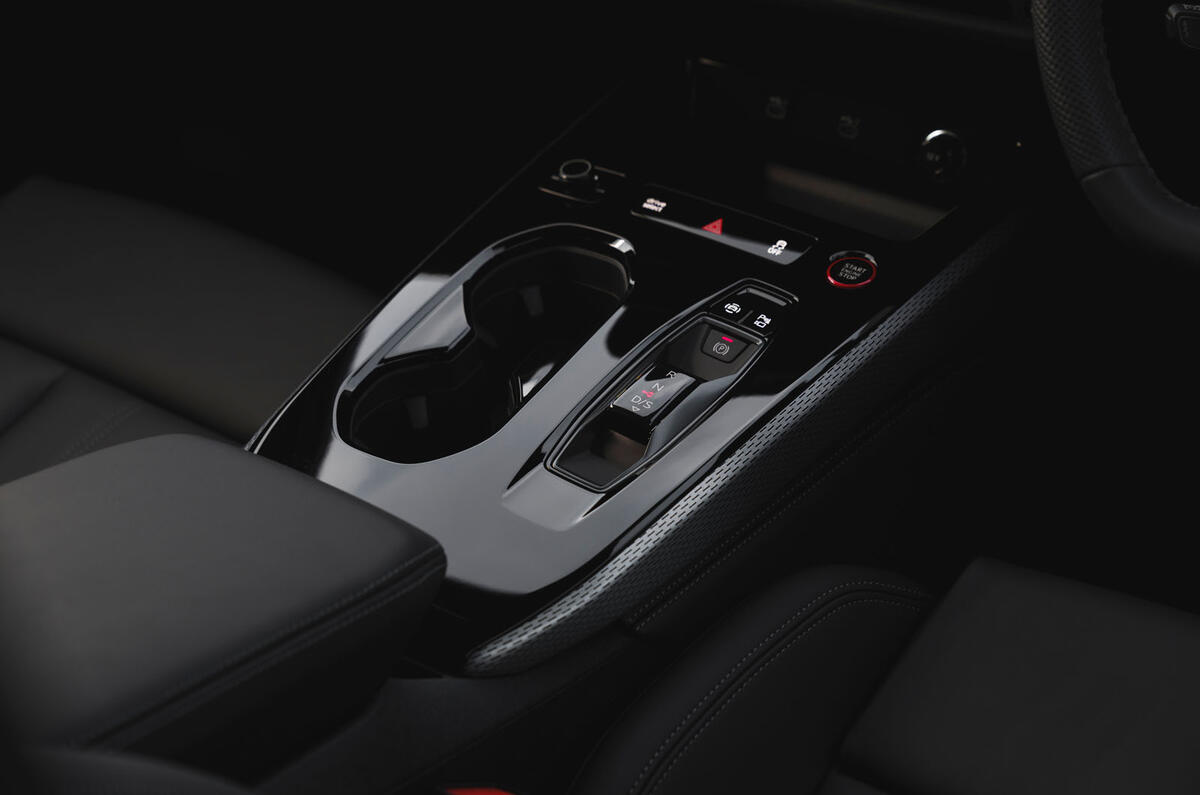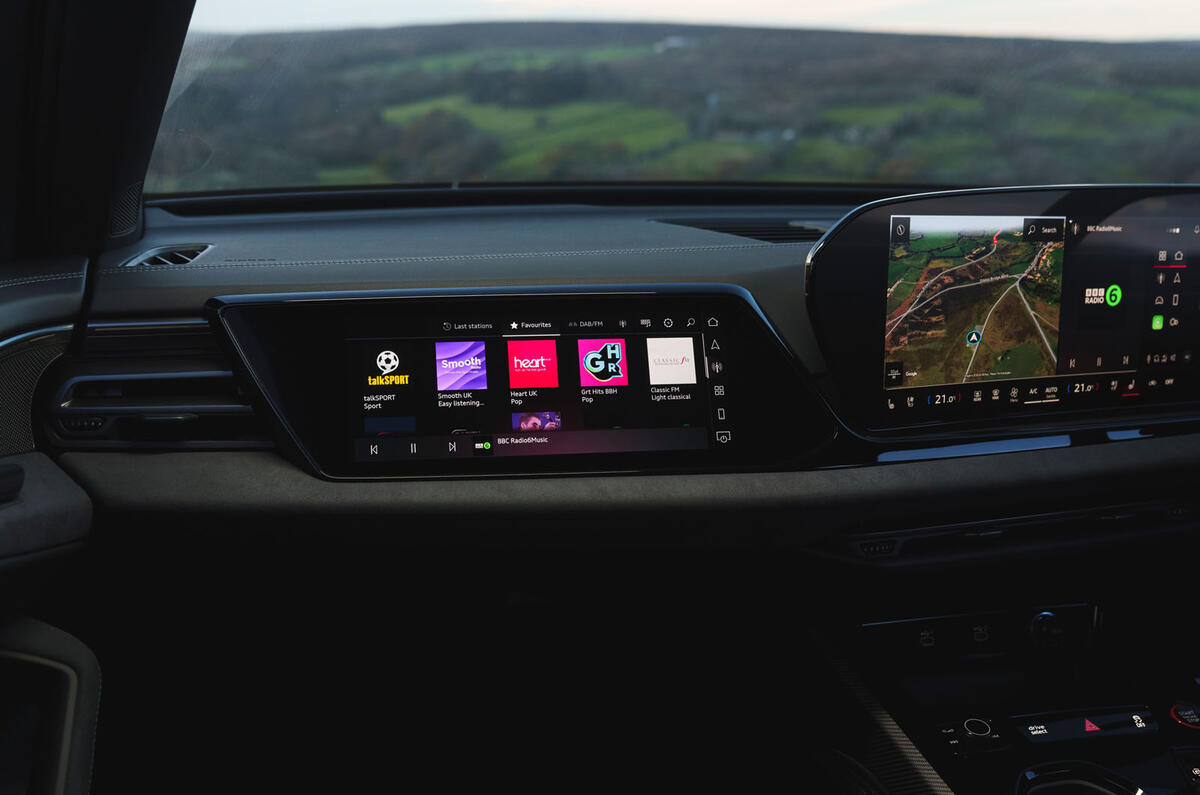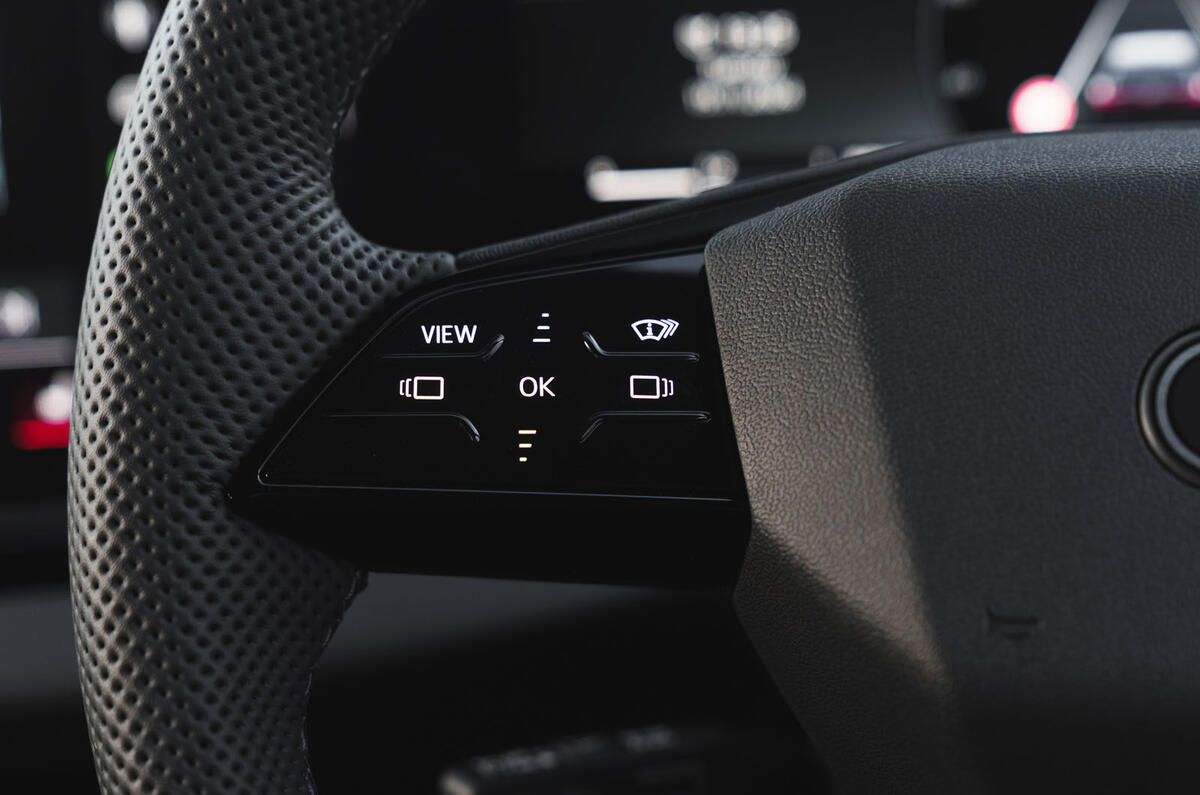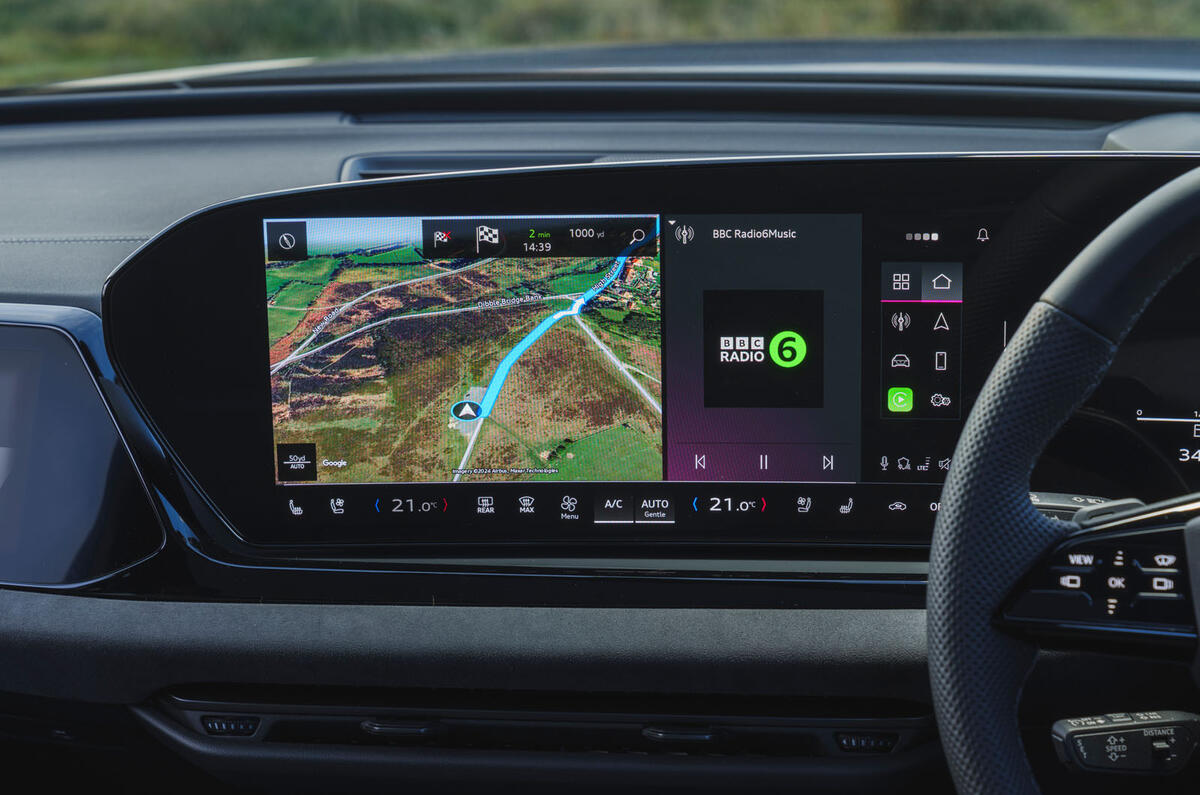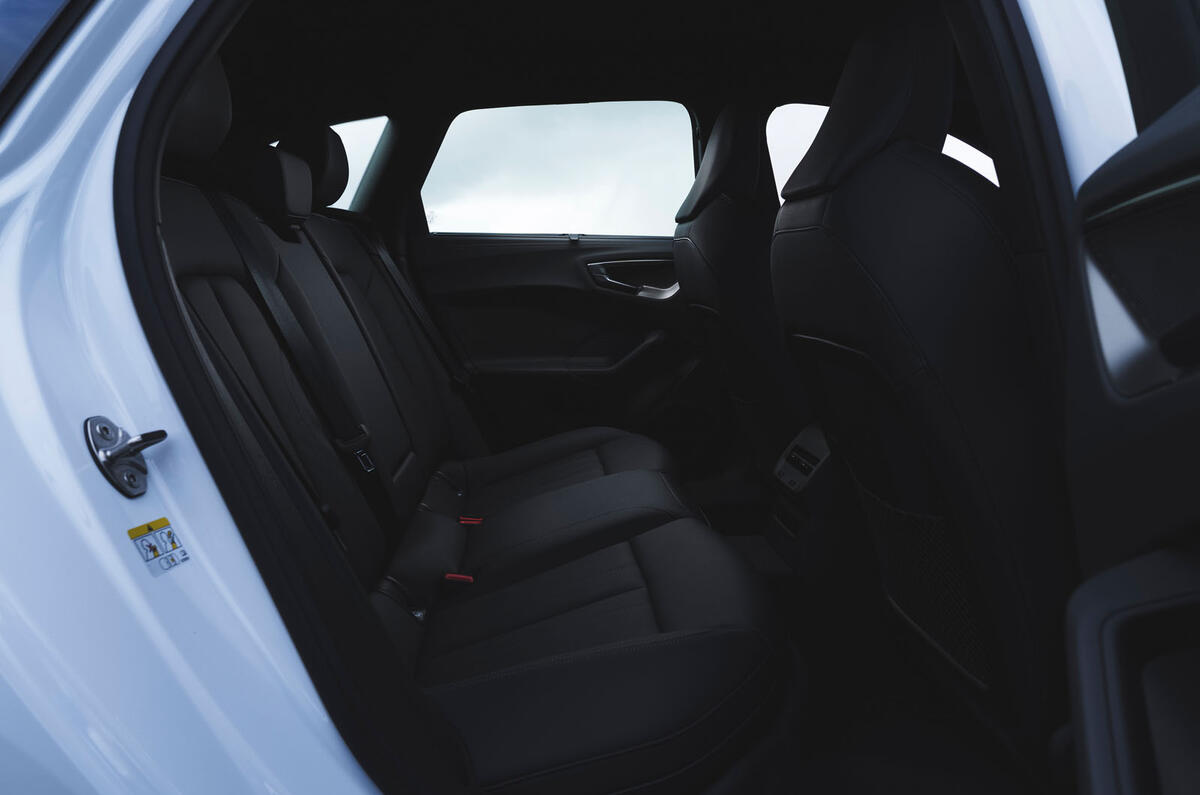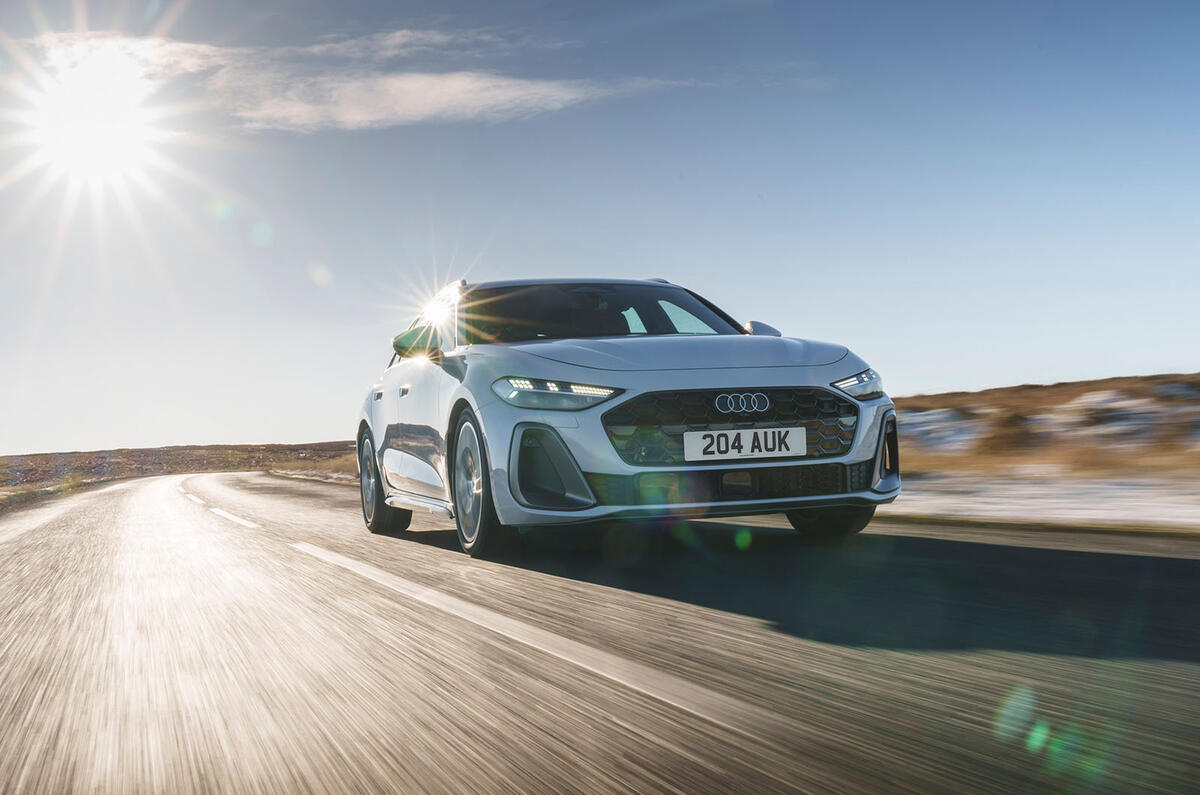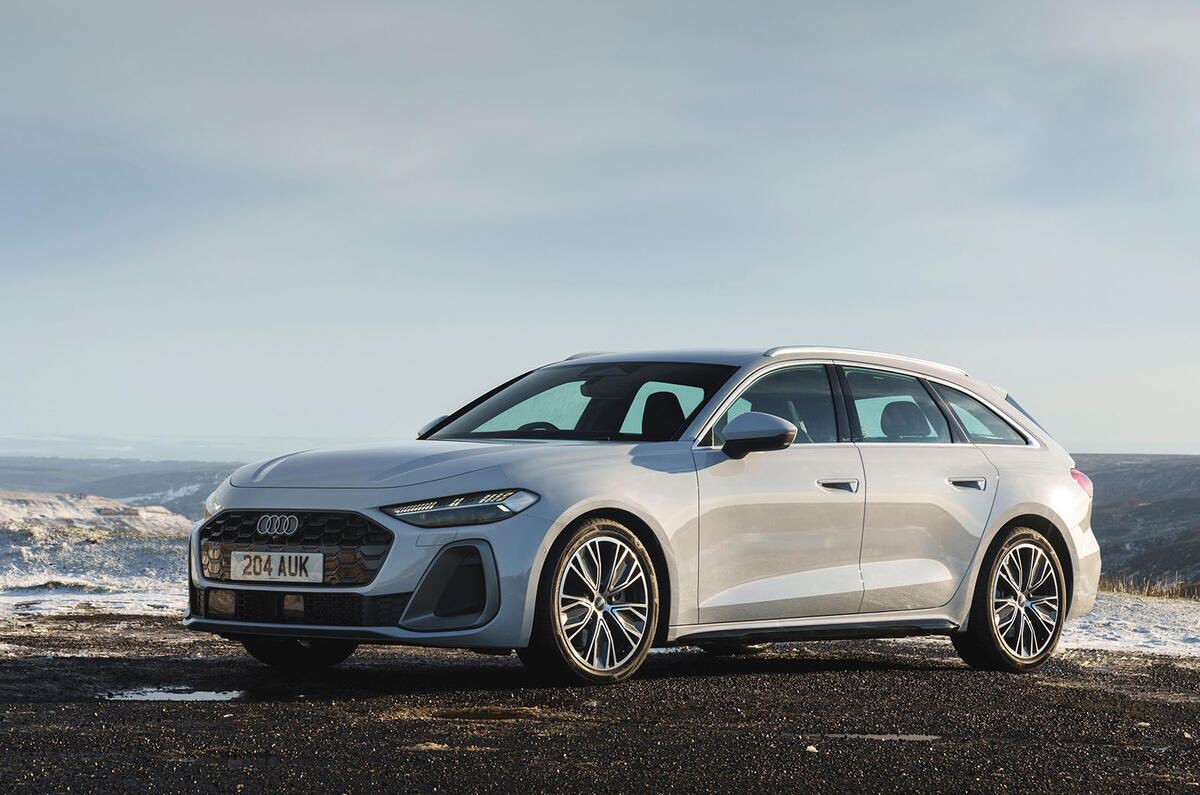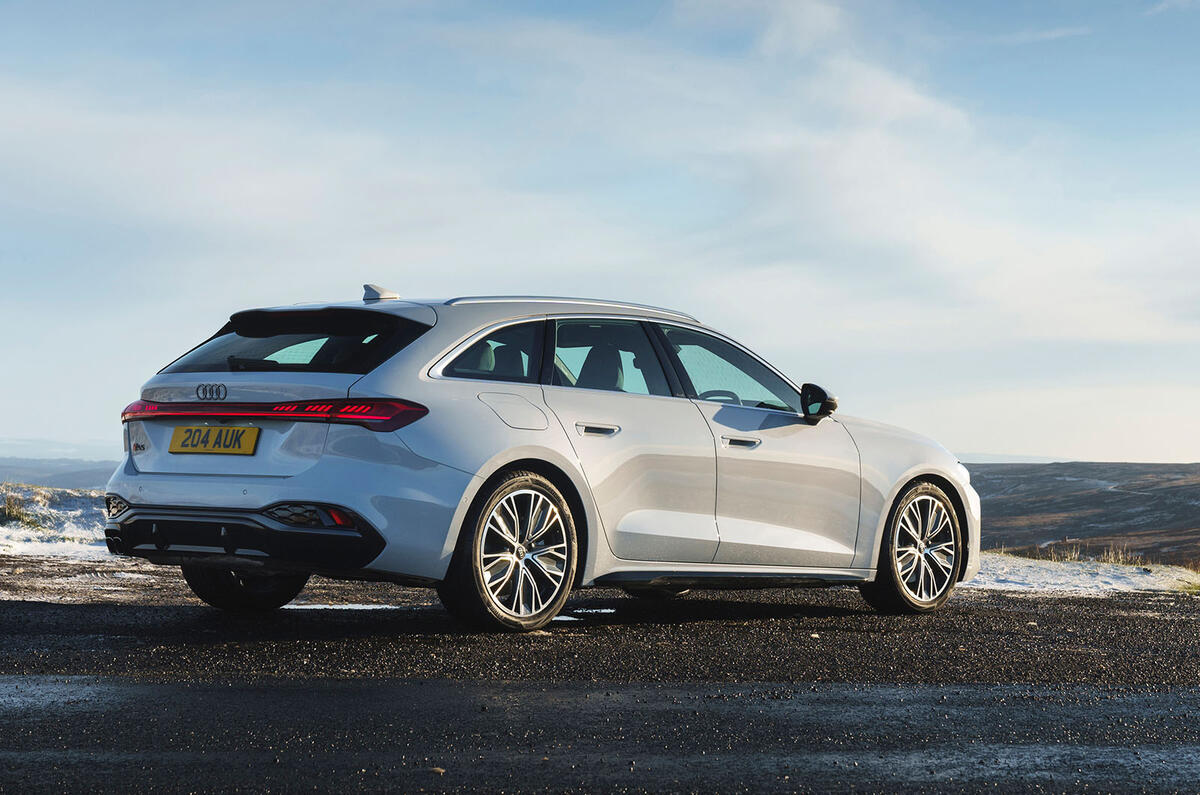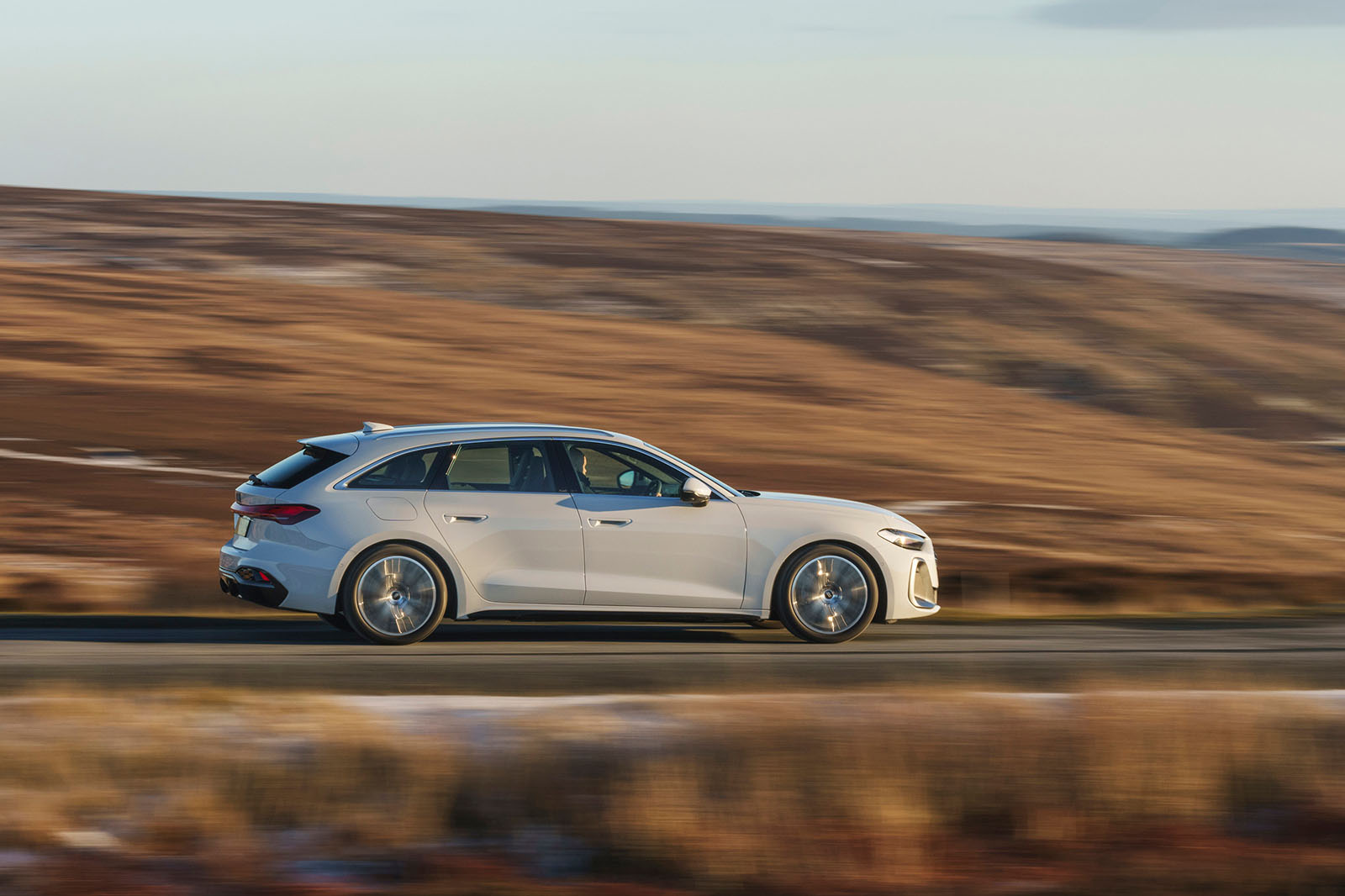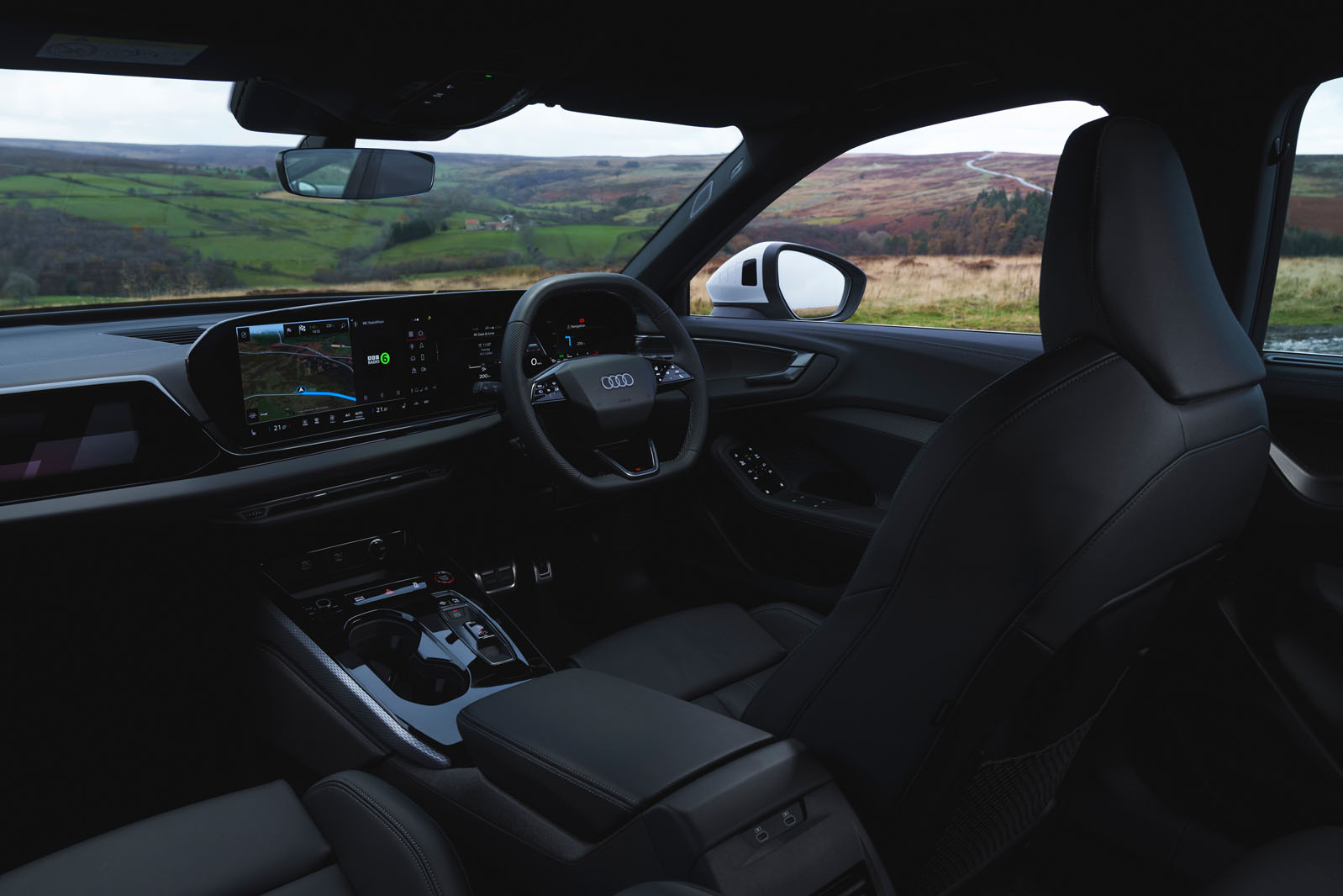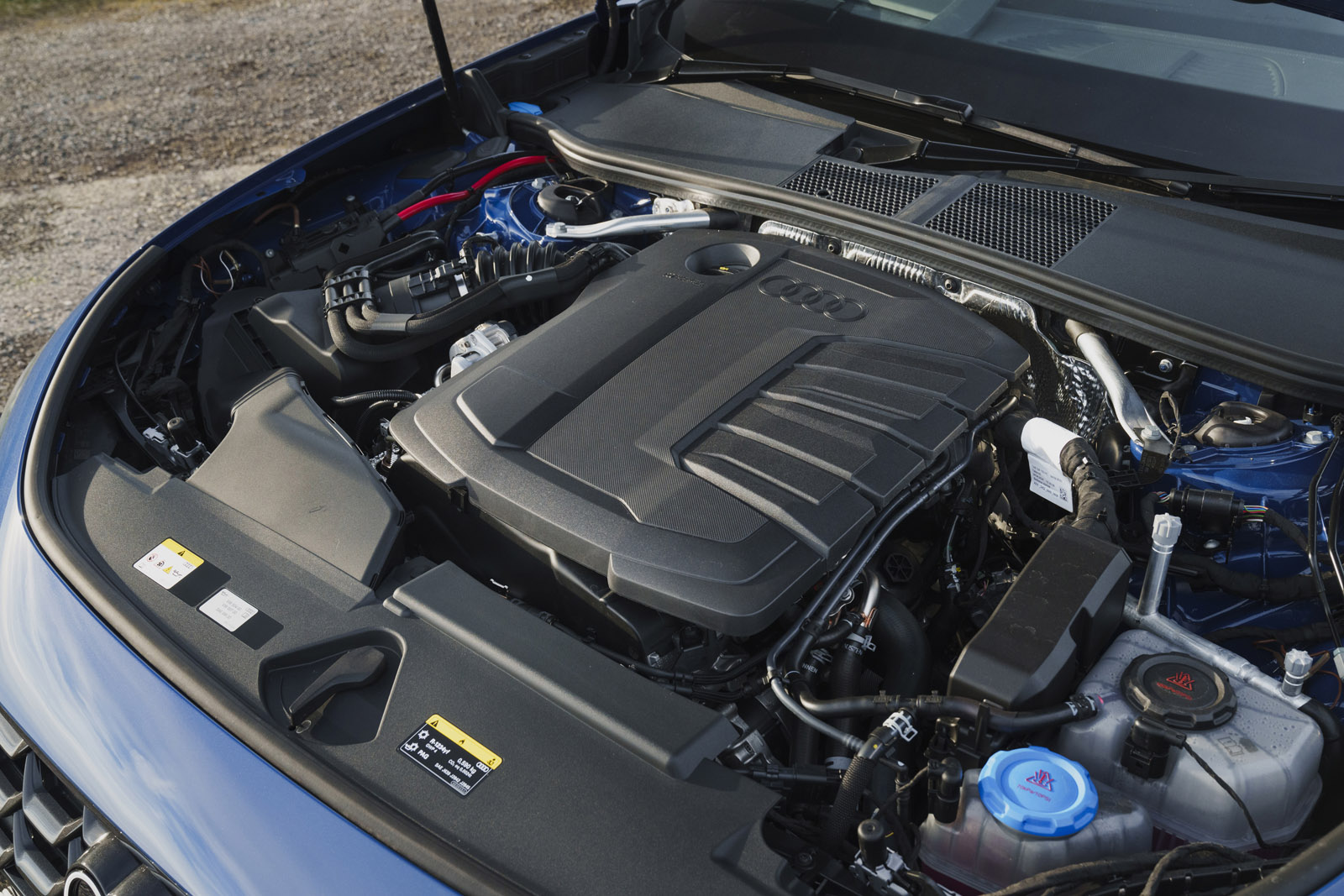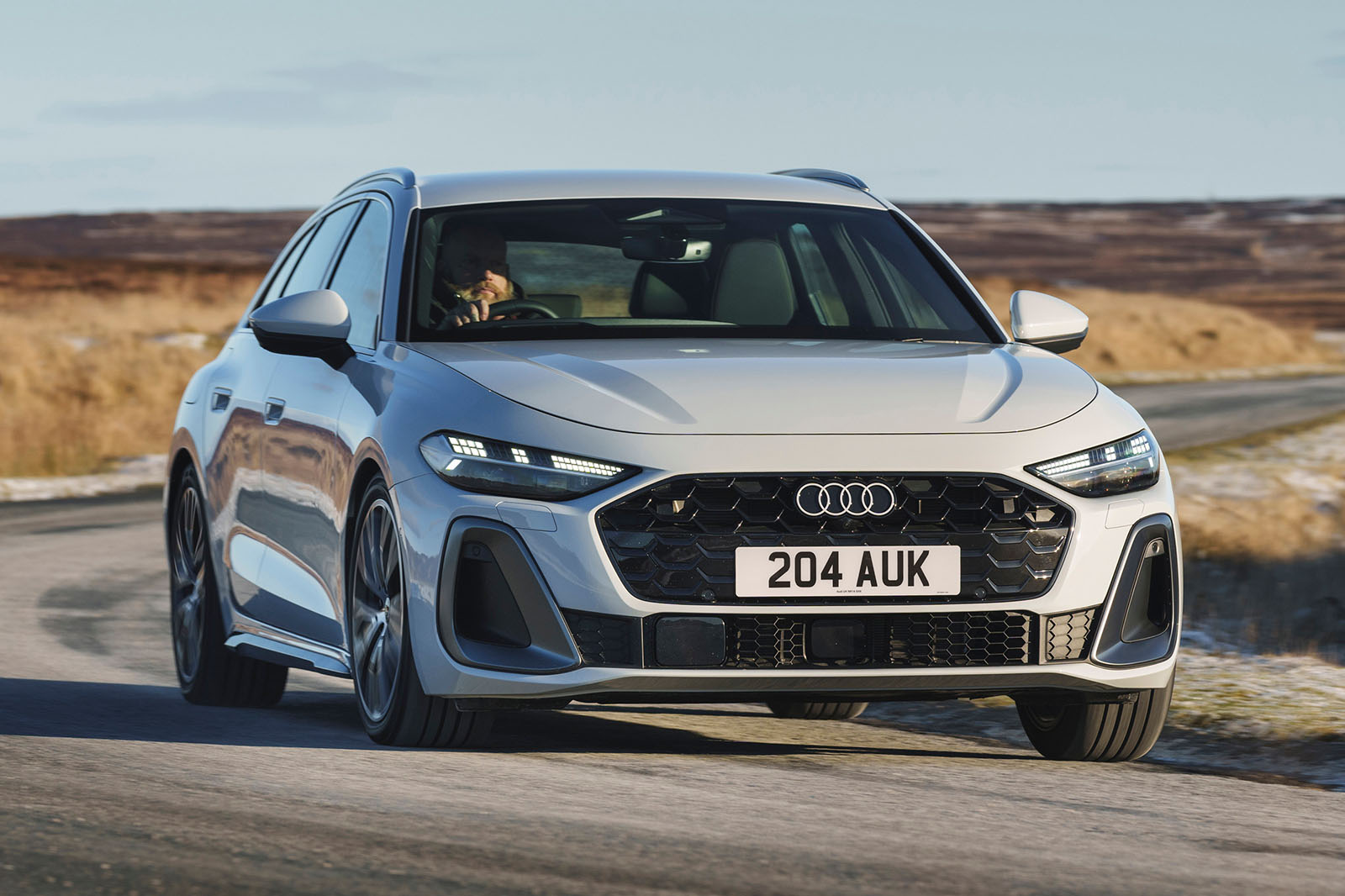Audi calls the new hybrid system MHEV Plus, even though it’s not actually a mild-hybrid system. As well as the usual integrated starter-generator (ISG) that handles the start/stop, there’s an electric motor acting on the output side of the gearbox that can regenerate up to 25kW of energy and contribute 25bhp, either to augment the engine or to power the car by itself and allow the engine to shut off.
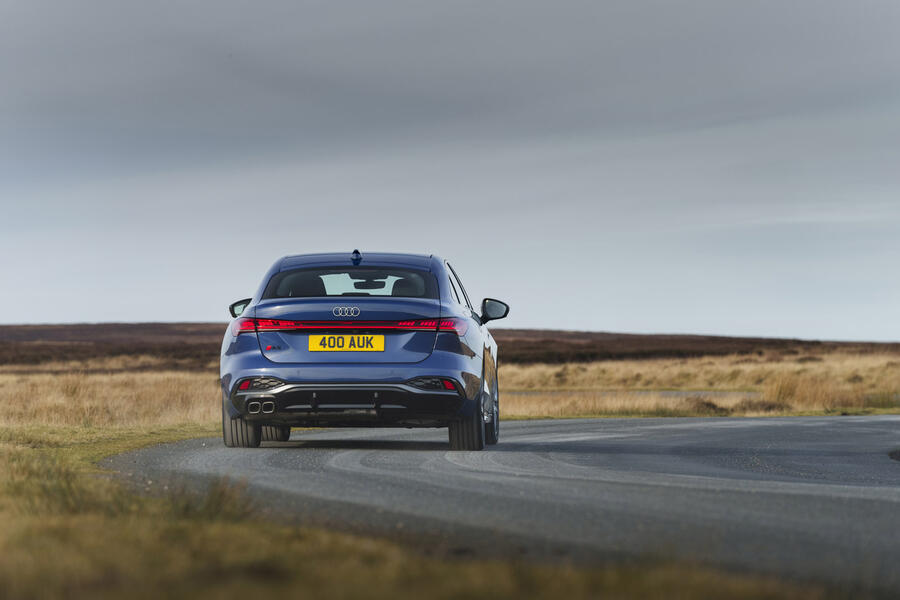
There are knock-on effects too. Because the motor can fill some low-rev torque gaps and the turbo on the V6 now has variable geometry (for more low-down shove), the engine no longer needs the capacity for torque multiplication that a torque converter gives. As a result, Audi has ditched the eight-speed automatic gearbox for a seven-speed dual-clutch unit, which it says is more efficient.
If you want Quattro four-wheel drive, as befits an Audi, your choice is limited to the 2.0-litre diesel or the S5 with its petrol V6. All others stick with front-wheel drive. The 4WD system itself moves away from the traditional torsen centre differential in favour of a multi-plate clutch, even for the S5.
As usual, the A5 offers a wide choice of powertrains. These used to be a confusing affair to identify with Audi, but it has now ditched its 30/35/40/45/etc nomenclature to indicate the power level and instead it refers simply to the output in kW or PS, which is much more logical.
As such, in the UK there’s a 2.0-litre petrol with front-wheel drive and either 150PS (148bhp) or 204PS (201bhp).
A pair of plug-in hybrids will join the line-up in spring 2025, but Audi won’t say anything about them other than that they will have 295bhp and 362bhp and an electric-only range of more than 70 miles.
Visually, the new A5 clearly belongs to a new generation of Audi, with softer lines and a reinterpreted ‘single-frame grille’. Audi’s long-standing design cue has got wider and is flanked by triangular inserts in either black or silver, depending on the trim level.
The saloon actually isn’t a traditional three-box one now, having traded its traditional bootlid for a big ‘liftback’ hatch, thus taking the baton from the outgoing A5 Sportback.



